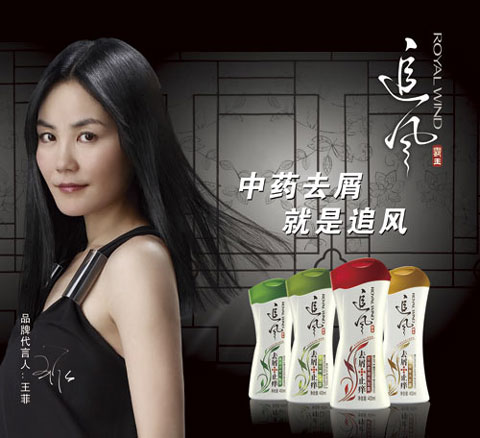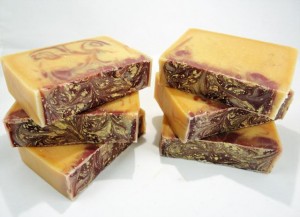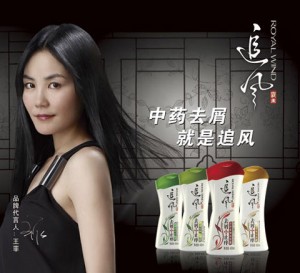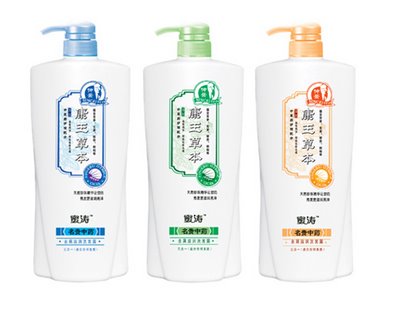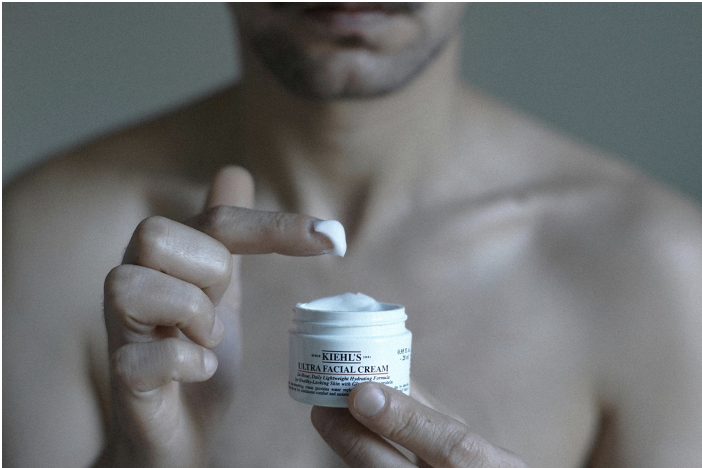Soap and Shampoo Market in China
The classification of soap
According to market research in China, the soap and shampoo market in China can be divided into four types of product. The first type is normal soap, to provide basic needs for different skin type users, like cleaning and moisturizing. A new kind of soap called organic soap is popular in China market currently because of its natural, botanic ingredients and novel design and it can cater to the demands of Chinese consumers as well. The function soap in Chsaysiming to different skin types and solves skin problems for customers. For example, herbal soap can cure some skin diseases and sulphur soap can sterilize acridly and other bacteria. Transparent soap is made of coconut oil and palm oil etc.; the appearance is seamless, and it can be used on the face directly.
Soap and Shampoo Market in China: Organic soap
The organic soap is made with organic and natural ingredients, and most organic soaps are cruelty-free, meaning they’re not tested on animals. But imported skin care products in China need to be tested on animals, and that’s why the famous skin care brand TheBodyShop has not entered Chinese market so far. Moreover, organic ingredients are grown without chemicals and pesticides, both of which can pollute the water supply, air, and soil. These high standards are hard to meet in China. As a result, fewer domestic soap brands produce organic soaps. The organic soap received increasing popularity in China since Chinese consumers are more concentrate on healthy and natural products.
Soap and Shampoo Market in China: Trends on soap market in China
From 2007 to 2012, the compound annual growth rate (CAGR) of soap, bath and shower market in China has increased to 11.6%. The consumers are not satisfied with the usage of soap anymore; they prefer more convenient liquid soap/shower gel. Besides, with the sophisticated needs of consumers, some consumers even like to choose different fragrance for different times of the day, according to Mintel in 2013.
With the development of e-commerce, the online market is also an important channel for soaps in China, only fall behind supermarkets and hypermarkets as the third channel of the market. The leading consumer group is females, aged from 20 to 39 with mid-to-high income.
There is 42% of the population familiar with online shopping, and 75% of online users are using online mobile shopping. The digitalization of consumer culture nowadays is the chance for soap brands to attract more consumers online. Apart from the female consumer group, soap brands should not ignore product segmentation for children and men consumer, as they are also the big consumers of soap.
Shampoo Market lead by healthy awareness in China
The global shampoo market is predicted to grow to about $25.73 billion by 2019. The main types of shampoo are anti-dandruff shampoo, cosmetic shampoo, dry shampoo, and herbal shampoo. In 2013, herbal shampoo has the highest growth rate, because now consumers have a stronger health awareness and pursue strong demand for natural and organic hair care products.
According to Market research, shampoos accounted for 78.9% of the hair-related market in China. The figure for conditioners is 11.6%, and other hair-care products make up the rest of market.
Foreign Brands dominate shampoo market in China
Major foreign hair-care brands like Rejoice, Pantene, and L’Oreal Paris enter Chinese shampoo market in 80’s and 90’s. The market report showed that nearly 20% of Chinese consumers use shampoo every day and 75% of Chinese consumers use shampoo every three days between 2011 and 2013. The market value of shampoo is ¥30 billion whereas the figure for other hair-care products is approximately ¥20 billion. More specifically, for per consumers in China, they spent $1.79 per year on hair-care products in 2009.
Procter & Gamble Co (P&G) took up 55% market share of hair-care products in China, and Unilever is the second largest company in the year of 2011. The director from P&G Beijing Innovation Center Chen indicated that the Chinese shampoo market is competitive, as the requirements of consumers have become more specific.
The Development of Soaps and Shampoos Market
It is obvious that soap and shampoo market in China are dominated by foreign brands, but it cannot forget the potential of Chinese domestic soap and shampoo brands. Market research said that as economic growth is slowing in China recent years, the consumers are demanding products that are attractive both in price and quality. Therefore, China domestic brands have more advantages in this aspect.
Even though shower gel/liquid soap dominated in the bath market in China, the soap remains important in the bath market. The market researchers showed that there is more than 50% of consumers using both shower gel and soap. Therefore, the soap has a positive perspective in China market. Nevertheless, the soap should focus on the various functions to meet multiple demands of consumers. Also, the trend of China soap market shows that consumers have the appetite for more natural products, like organic soaps, botanic products and so on. Same as soap market development; shampoo brands should also focus on product diversification development and invest more in research & development for the purpose of taking market advantage.
Source:
To learn more about Beauty and personal care in China, contact us at dx@daxueconsulting.com. As the Hair Care Market in China will rise and see a boost in Sales of Shampoo, you will want to be aware of the trends before anyone. Follow us on Twitter to be the first informed:
Battle of the #Bakeries: How Companies Compete in the #Macaron Market: https://t.co/Sm0s7SAGSo @iammissmacaroon @LAtelierBaillet pic.twitter.com/QDRsePfCDS
— Daxue Consulting (@DaxueConsulting) November 23, 2017


